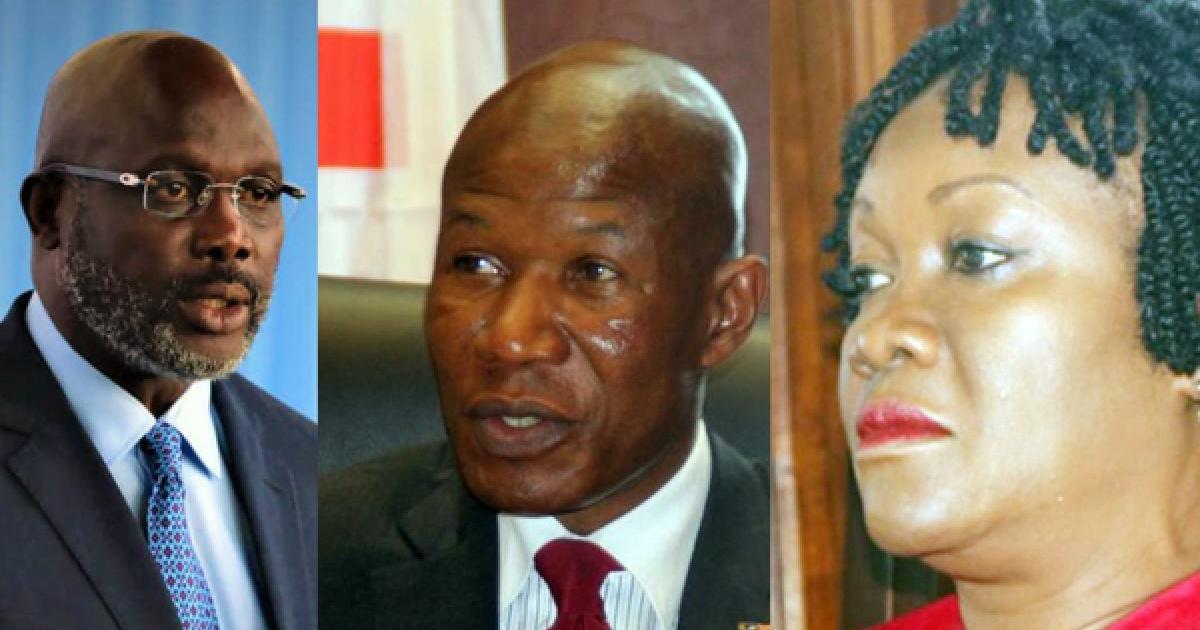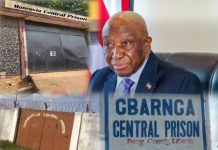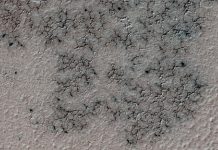Africa-Press – Liberia. Corruption in Liberia is on the rise, with most Liberians viewing the presidency as very corrupt, Afrobarometer says.
Afrobarometer’s latest survey shows that the Senate, the House of Representatives, and the police, along with the presidency, were viewed as the top four corrupt institutions of government in the country.
The survey also revealed that a large majority of Liberians are of the view that corruption has increased during the past year and the government is doing a poor job of fighting it.
“Among key public officials, the police, the House of Representatives, the Presidency, the Senate, judges and magistrates, and tax officials are most widely perceived as corrupt,” says Afrobrometer, a pan-African, non-partisan survey research network.
“Three-fourths of Liberians say the level of corruption in the country increased over the past year, a 29-percentage-point jump compared to 2018,” it says. “Fewer than four in 10 citizens express trust in the president and other key institutions and leaders.”
The Afrobarometer survey comes as Liberia is ranked above other countries that are yet to make significant progress in the fight against corruption, according to Transparency International in its 2022 corruption perceptions index.
The index paints a picture of endemic corruption, and ranks Liberia 142 out of 180 countries. The ranking, according to CENTAL, indicates that Liberia is among the worst declining countries globally in the fight against corruption.
CENTAL is the national chapter of Transparency International and its data shows that with the exception of Saint Lucia, Liberia has fallen 15 points since 2012.
Also, in West Africa and the Mano River Union, Liberia is the only country that has declined by 6 points over the last five years, it says.
Since 2012, when Liberia attained her highest score of 41 on the Transparency International Corruption index, the country has been in free-fall — topping the list of countries with stagnated and declining anti-corruption efforts, CENTAL noted.
And in August 2022, few months before the Transparency International’s annual index release, the U.S imposed sanctions on three officials of the Weah administration for “involvement in public corruption.” The sanctions were followed by pressure from media and civil society groups for the individuals — namely Nathaniel McGill, Sayma Syrenius Cephus, and Bill Twehway — to resign, which they eventually did.
McGill, was Weah’s former Chief of Chief and the second most powerful man in the government then; Cephus, a former Solicitor General and Chief Prosecutor of the country; and Twehway, a former Managing Director of the National Port Authority (NPA).
The sanction statement noted that McGill during his tenure in government, bribed business owners, received bribes from potential investors, and accepted kickbacks for steering contracts to companies in which he had an interest and used government funds to run his own projects.
Cephus, the U.S. says, received bribes from people in exchange for having their court cases dropped and has also shielded money launderers and helped clear them through the court system.
Twehway was sanctioned for orchestrating the the diversion of US$1.5 million in vessel storage fee funds from the NPA into a private account and for forming a private company to which he later unilaterally awarded a contract for loading and unloading cargo at the Port of Buchanan, the U.S. says.
Meanwhile, the Afrobarometer survey findings also show higher levels of popular trust in religious leaders, the Armed Forces of Liberia, and traditional leaders than in government officials, the courts, the police, and the National Elections Commission (NEC).
The low level of trust in the NEC comes as the country heads to the polls on October 10. Almost nine out of 10 Liberians, the survey shows, think the government is doing a poor job of fighting corruption, a 30-point increase since 2018.
Fewer citizens, according to the survey, perceive corruption as widespread among non-governmental organizations and religious and traditional leaders.
For More News And Analysis About Liberia Follow Africa-Press






